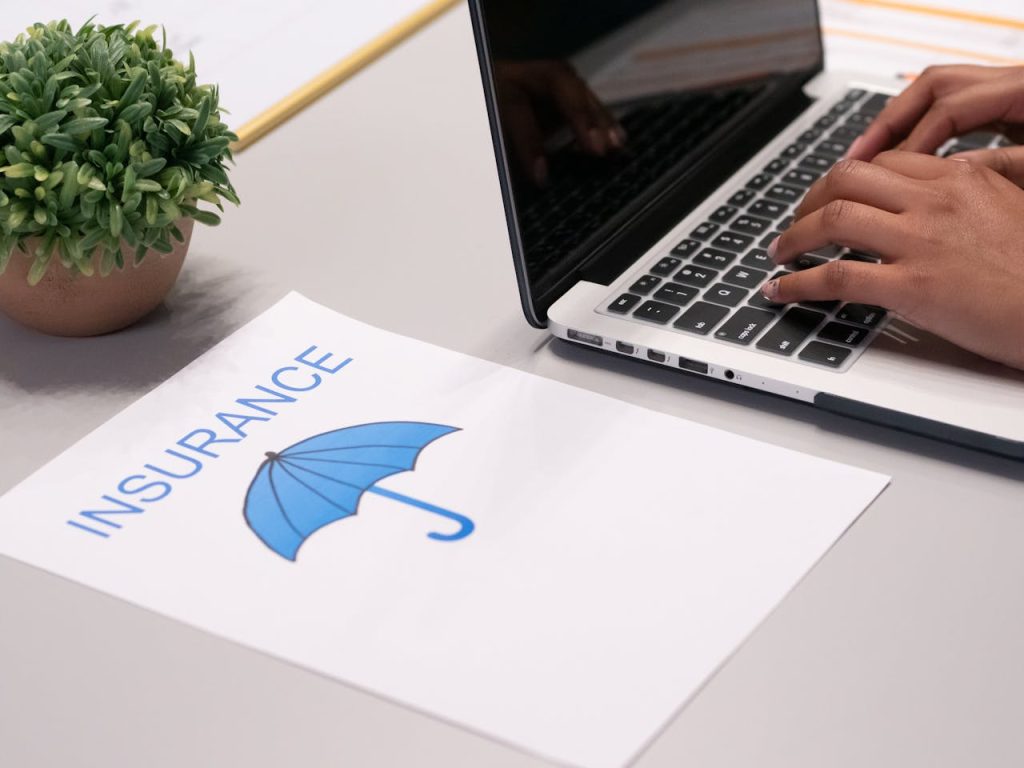
Most people feel secure knowing they have insurance for life’s unexpected moments. But what happens when insurance doesn’t cover everyday accidents? You might be surprised to learn that many common mishaps aren’t included in your standard policies. Whether it’s a slip on your own porch or a stolen bike, gaps in coverage can leave you paying out of pocket. Understanding these blind spots is key to protecting your finances. Let’s take a look at what really happens when insurance falls short and what you can do about it.
1. Out-of-Pocket Expenses Add Up Fast
When insurance doesn’t cover everyday accidents, you’re left handling the bill yourself. For example, if you spill coffee on your laptop or your child knocks over the neighbor’s mailbox, your homeowner’s or renter’s insurance might not help. These types of incidents are often considered minor or classified as “wear and tear,” which most policies exclude.
The costs can add up quickly. A broken smartphone, a minor car fender bender, or even a pet’s accidental damage to a friend’s home can run hundreds or thousands of dollars. Without coverage, you’ll have to dip into your savings or emergency fund, which can disrupt your budget and financial goals.
2. Gaps in Coverage Lead to Stressful Decisions
Insurance is supposed to give you peace of mind. But if you find out after an accident that your policy doesn’t cover the damage, it can cause stress and confusion. For instance, many health insurance plans have high deductibles or exclude certain treatments, leaving you to make tough choices about care or repairs.
When insurance doesn’t cover everyday accidents, you might have to choose between fixing the problem right away or putting it off. In some situations, ignoring the issue could make things worse, like letting water damage go unrepaired or driving a damaged car. The stress of these decisions can take a toll on your day-to-day life.
3. Legal and Liability Risks Increase
Many people don’t realize that some everyday accidents can have legal consequences. If someone slips and falls on your property and your insurance doesn’t cover the event, you could be held personally responsible for their medical bills. The same goes for minor car accidents if your auto policy excludes certain drivers or situations.
When insurance doesn’t cover everyday accidents, you might face lawsuits or claims from others. This can lead to court fees, settlements, and even wage garnishments if you can’t pay. Having a gap in liability coverage can put your personal assets at risk—something most people want to avoid.
4. Emergency Funds Get Drained
Your emergency fund is meant for true surprises, like a job loss or major illness. But when insurance doesn’t cover everyday accidents, you may be forced to use this money for smaller mishaps. Over time, this can erode your safety net.
For example, if your bike is stolen from your garage and your homeowner’s policy doesn’t cover it, you’ll have to replace it with your own funds. The same goes for minor injuries that aren’t covered by health insurance. If you dip into your emergency fund too often, you may not have enough left when a real crisis hits.
5. Preventive Measures Become Even More Important
Knowing that insurance doesn’t cover everyday accidents can motivate you to take more precautions. You might start locking up valuables, installing security cameras, or childproofing your home. These steps can reduce the risk of accidents and help you avoid out-of-pocket expenses.
Preventive measures also include reviewing your insurance policies regularly. Look for exclusions or gaps in coverage, and consider adding riders or endorsements for specific risks. For example, you can often add coverage for valuable items or accidental damage for a small extra cost. Being proactive can save you money and headaches down the road.
What You Can Do About Insurance Gaps
When insurance doesn’t cover everyday accidents, it’s important to be prepared. Start by reading your policies carefully, so you know exactly what’s included and what isn’t. Don’t be afraid to ask your insurance agent questions or shop around for better coverage. Sometimes a small increase in premium can fill a big gap in protection.
Consider building a robust emergency fund to handle small mishaps. You might also look into specialized policies for things like electronics, bicycles, or pet damage. In the end, being prepared and informed is the best way to keep your finances safe from everyday surprises.
Have you ever faced an accident your insurance didn’t cover? How did you handle it? Share your experience in the comments below!
What to Read Next…
- What Insurance Fine Print Could Void Your Entire Claim
- 7 Homeowner Insurance Exclusions That Void Entire Policies
- Top 3 Water Damage Claims Home Insurance Actually Covers
- 8 Insurance Riders That Sound Helpful But Add No Value
- 6 Benefits That Were Pulled From Your Insurance Without Disclosure
The post What Happens When Insurance Doesn’t Cover Everyday Accidents appeared first on The Free Financial Advisor.







